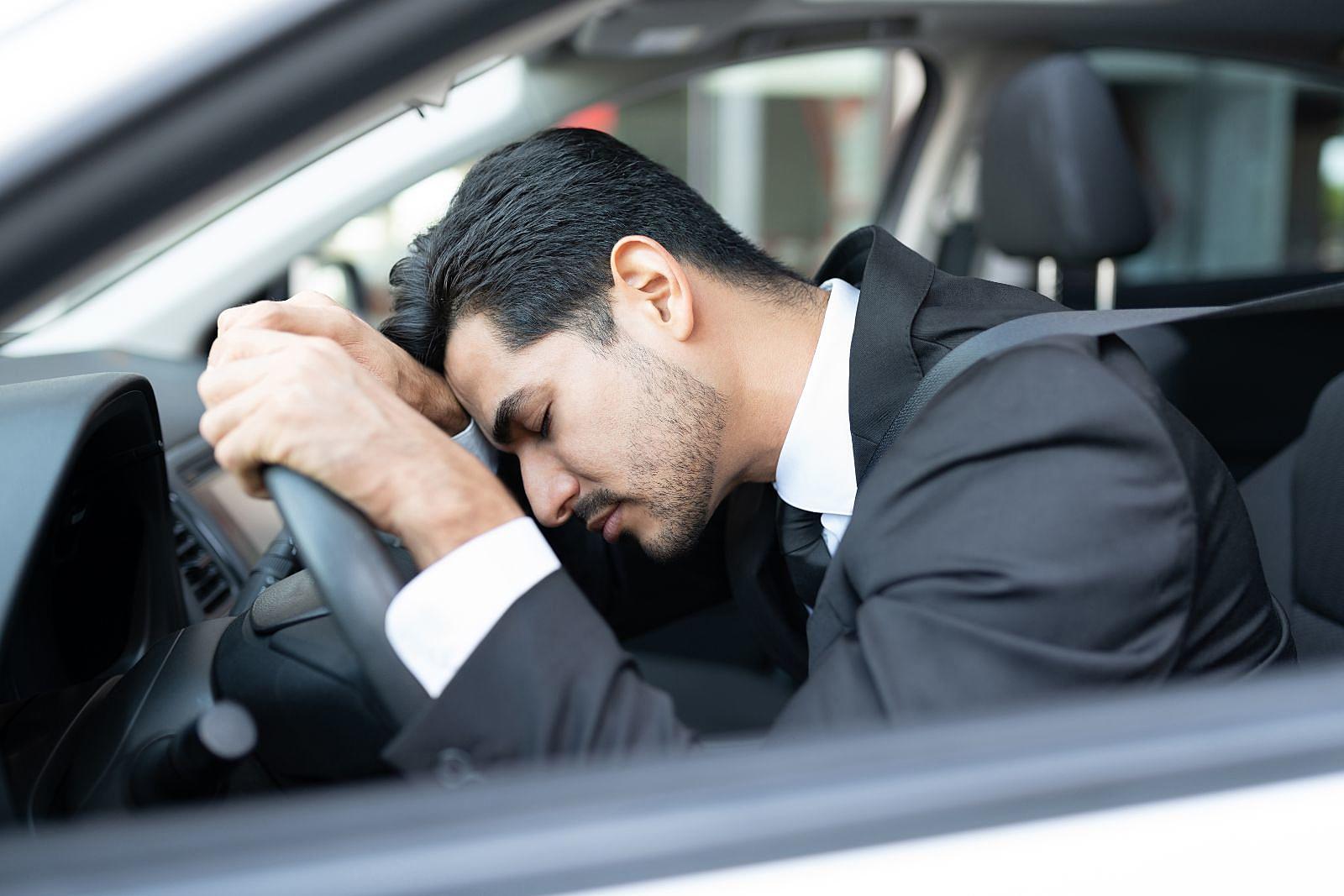Hawaii, a land of breathtaking landscapes, crystal-clear waters, and vibrant culture, beckons travelers worldwide. But for budget-conscious adventurers, the high cost of accommodation can be a significant hurdle. Car sleeping, also known as van dwelling or car camping, emerges as a tempting option. However, before hitting the road and catching some shut-eye under the Hawaiian stars, understanding the legality of car sleeping in the Aloha State is crucial.
Is Car Sleeping Legal in Hawaii?
Unfortunately, unlike some mainland states, car sleeping is generally illegal on all public property in Hawaii. This includes:
* Roadsides
* Beaches
* Parks
* Parking lots (including shopping center lots)
There’s no specific state law solely addressing car sleeping. However, local ordinances across the islands enforce this prohibition. These ordinances often target behaviors associated with homelessness, such as sleeping in vehicles, littering, and public urination. While not everyone car-sleeping is homeless, the law treats it similarly.
Understanding the Reasons Behind the Ban
The ban on car sleeping stems from a complex interplay of factors:
* **Public Safety:** Authorities are concerned about car sleeping’s potential impact on public safety. Vehicles parked overnight in undesignated areas can obstruct traffic flow, hinder emergency response, and create an environment for crime.
* **Aesthetics and Property Values:** Unregulated car sleeping can lead to cluttered streets and parking lots, detracting from Hawaii’s pristine image and potentially impacting property values.
* **Existing Resources:** Hawaii grapples with a significant homeless population. The state argues that established shelters and social services are the appropriate channels for assistance, and car sleeping undermines these efforts.
Exceptions and Alternatives to Car Sleeping in Hawaii
While car sleeping on public property is a no-go, there are a few exceptions and alternative options to consider:
* **Camping Permits:** Designated campgrounds across the islands offer legal overnight parking for a fee. Popular options include state parks, national parks, and private campgrounds. Research and book campsites in advance, especially during peak seasons.
* **Rest Areas:** Unlike some mainland states, Hawaii doesn’t have designated rest areas for overnight stays. However, some unofficial pullouts are known for car camping, but legality can be ambiguous. It’s best to avoid these areas and opt for permitted campsites.
* **Private Property with Permission:** Sleeping in your car with the explicit permission of a private landowner is generally legal. This could be a friend’s driveway or a rented space on someone’s property. Always secure written permission to avoid any misunderstandings.
The Legal Ramifications of Getting Caught Sleeping in Your Car
If caught car sleeping on public property in Hawaii, the consequences can involve:
* **Citations and Fines:** Fines for car sleeping can vary depending on the specific county or ordinance violation. Be prepared to pay anywhere from $25 to $100 or more.
* **Vehicle Towing:** In some instances, authorities may tow your vehicle, incurring additional towing and storage fees.
* **Impounding:** Repeat offenses or aggressive behavior could lead to vehicle impoundment, making retrieval a lengthy and expensive process.
The Human Side of the Issue
The legality of car sleeping in Hawaii is a multifaceted issue. While regulations aim to maintain public order and aesthetics, they can feel harsh for budget travelers or those struggling with homelessness.
* **The Affordability Crisis:** Hawaii faces a significant housing shortage, making traditional accommodations expensive. Car sleeping, for some, becomes a necessary, albeit illegal, option.
* **Compassion vs. Enforcement:** The strict enforcement of car-sleeping bans can appear unsympathetic to the struggles of those forced to live in their vehicles.
Looking Ahead: Potential Solutions
The issue of car sleeping in Hawaii is unlikely to disappear. Here are some potential solutions for a more balanced approach:
* **Designated Camping Areas:** Creating designated car-camping areas with basic amenities could address the needs of budget travelers while mitigating public safety concerns.
* **Increased Shelter Capacity and Resources:** Investing in expanding shelter capacity and offering more comprehensive support services could incentivize individuals away from car sleeping as a last resort.
* **Clearer Communication and Signage:** Posting clear signage in popular tourist areas and rest stops can help educate visitors about car-sleeping restrictions and steer them towards legal camping options.
Conclusion
Planning a budget-friendly Hawaiian adventure requires research, flexibility, and a willingness to embrace alternative experiences. By understanding the car-sleeping restrictions and exploring the numerous options available, you can still create an unforgettable and authentic Hawaiian experience without breaking the bank. Remember, Hawaii’s true treasures lie beyond luxury resorts – in its breathtaking landscapes, rich culture, and the warmth of its people.



